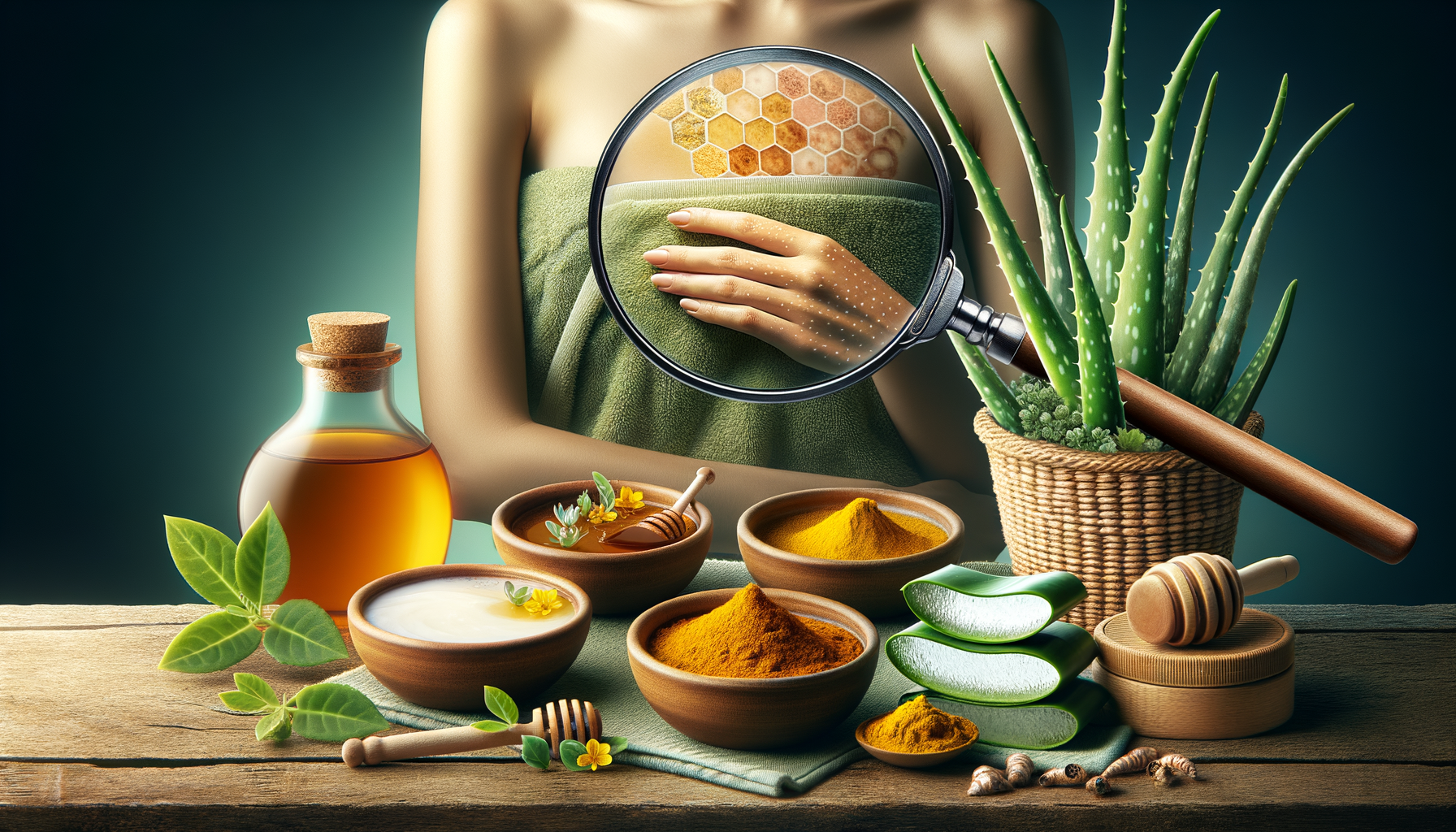Introduction to Skin Lightening for Sensitive Skin
Our skin is a reflection of our overall health and well-being. For those with sensitive skin, maintaining an even skin tone can be particularly challenging. Hyperpigmentation, especially in private areas, can be a source of concern and discomfort. In this article, we will explore the causes of hyperpigmentation in sensitive areas and discuss natural remedies to lighten dark spots effectively. Understanding these aspects can help in choosing the right approach for your skin type, ensuring a gentle yet effective treatment.
Understanding Hyperpigmentation in Private Areas
Hyperpigmentation is a common skin condition where certain areas of the skin become darker than the surrounding skin. This occurs due to an excess production of melanin, the pigment responsible for skin color. In private areas, this can be a result of various factors including friction, hormonal changes, or even certain skin conditions.
Friction from clothing or skin-to-skin contact is a frequent cause of hyperpigmentation in these areas. Additionally, hormonal fluctuations, such as those experienced during pregnancy or menopause, can also lead to increased melanin production. In some cases, skin conditions like eczema or psoriasis can contribute to this issue by causing inflammation and subsequent pigmentation changes.
Understanding the root cause of hyperpigmentation is crucial for effective treatment. Consulting with a dermatologist can provide insights into the specific factors affecting your skin and help tailor a treatment plan that is both safe and effective for sensitive skin.
Natural Remedies for Dark Spots
For those seeking natural solutions to lighten dark spots, several remedies have shown promise. These remedies are generally gentle on the skin and can be used as part of a regular skincare routine.
Some effective natural remedies include:
- Aloe Vera: Known for its soothing properties, aloe vera can help reduce pigmentation and promote healthy skin regeneration.
- Lemon Juice: Rich in vitamin C, lemon juice can lighten dark spots. However, it should be used cautiously as it can make the skin more sensitive to sunlight.
- Turmeric: With its anti-inflammatory and antioxidant properties, turmeric can help reduce dark spots and improve skin tone.
- Yogurt: Containing lactic acid, yogurt can gently exfoliate the skin, reducing the appearance of dark spots over time.
When using natural remedies, consistency is key. It’s important to apply these treatments regularly and monitor your skin’s response to ensure they are effective and do not cause irritation.
How to Lighten Sensitive Skin Safely
Lightening sensitive skin requires a cautious approach to avoid irritation and damage. Here are some tips to safely lighten sensitive skin:
- Patch Test: Always perform a patch test when trying new products or remedies to ensure they do not cause adverse reactions.
- Use Gentle Products: Opt for products specifically formulated for sensitive skin. These products often contain fewer irritants and are less likely to cause reactions.
- Moisturize Regularly: Keeping the skin hydrated can help maintain its barrier function, reducing the risk of irritation and sensitivity.
- Sun Protection: Use sunscreen daily to protect the skin from UV damage, which can exacerbate hyperpigmentation.
By following these guidelines, you can work towards a more even skin tone without compromising the health of your sensitive skin.
Conclusion: Embracing Healthy Skin Practices
Addressing hyperpigmentation and dark spots on sensitive skin requires a balanced approach that prioritizes skin health. By understanding the causes and exploring natural remedies, you can find effective ways to manage these concerns. Always consider consulting with a skincare professional to tailor treatments to your specific needs, ensuring that your skin remains healthy and radiant. Embrace these practices as part of your skincare routine to achieve a more even and luminous complexion.




Leave a Reply